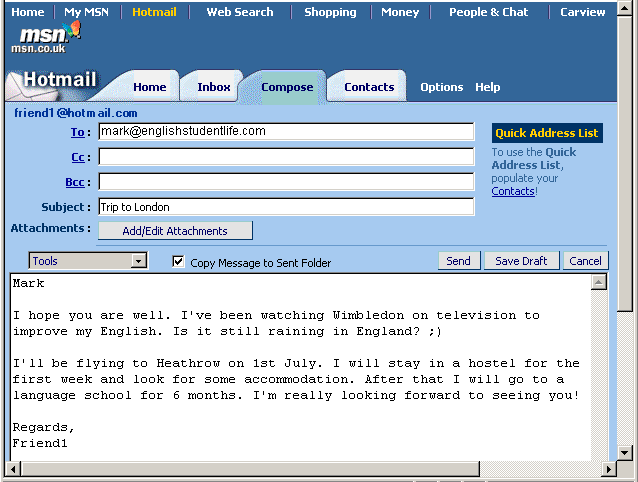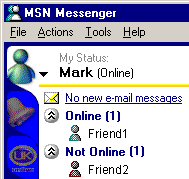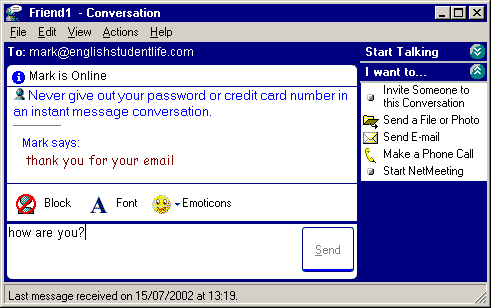Study, work or travel in the UK. British
culture and life.


English
/ Writing
How to improve your English writing skills
|
|
Study, work or travel in the UK. British
culture and life.
|
|
||
|
|
|
|
||
 |
||||
|
|
|
|
||
|
|
||||
 |
||||
|
English
/ Writing
|
||||
|
How to improve your English writing skills
|
||||
|
Sections:
|
Introduction |
 |
| Penfriend | ||
| Language exchange | ||
| Blog | ||
| Instant messenger | ||
| Chatroom | ||
| Business letter | ||
| Essay | ||
| Discussion group | ||
| Links | ||
|
Related pages:
|
Reading ; Speaking ; Listening |



 |
Model
Business Letters, E-Mails and Other Business Documents Author: Shirley Taylor Publisher: Financial Times Prentice Hall Date: September 2003 |
 |
E-mail
@nd Business Letter Writing Author: Lynn Brittney Publisher: Foulsham Date: June 2000 |
 |
Essays
and Dissertations Author: Chris Mounsey Publisher: Oxford University Press Date: July 2002 |
 |
The
Student's Guide to Preparing Dissertations and Theses Author: Brian Allison Publisher: Kogan Page Date: January 1997 |
Write a British CV (resumé): Work/CV
Home page: Home
Back to top
© UK Student Life 2002-2009
|
|
|